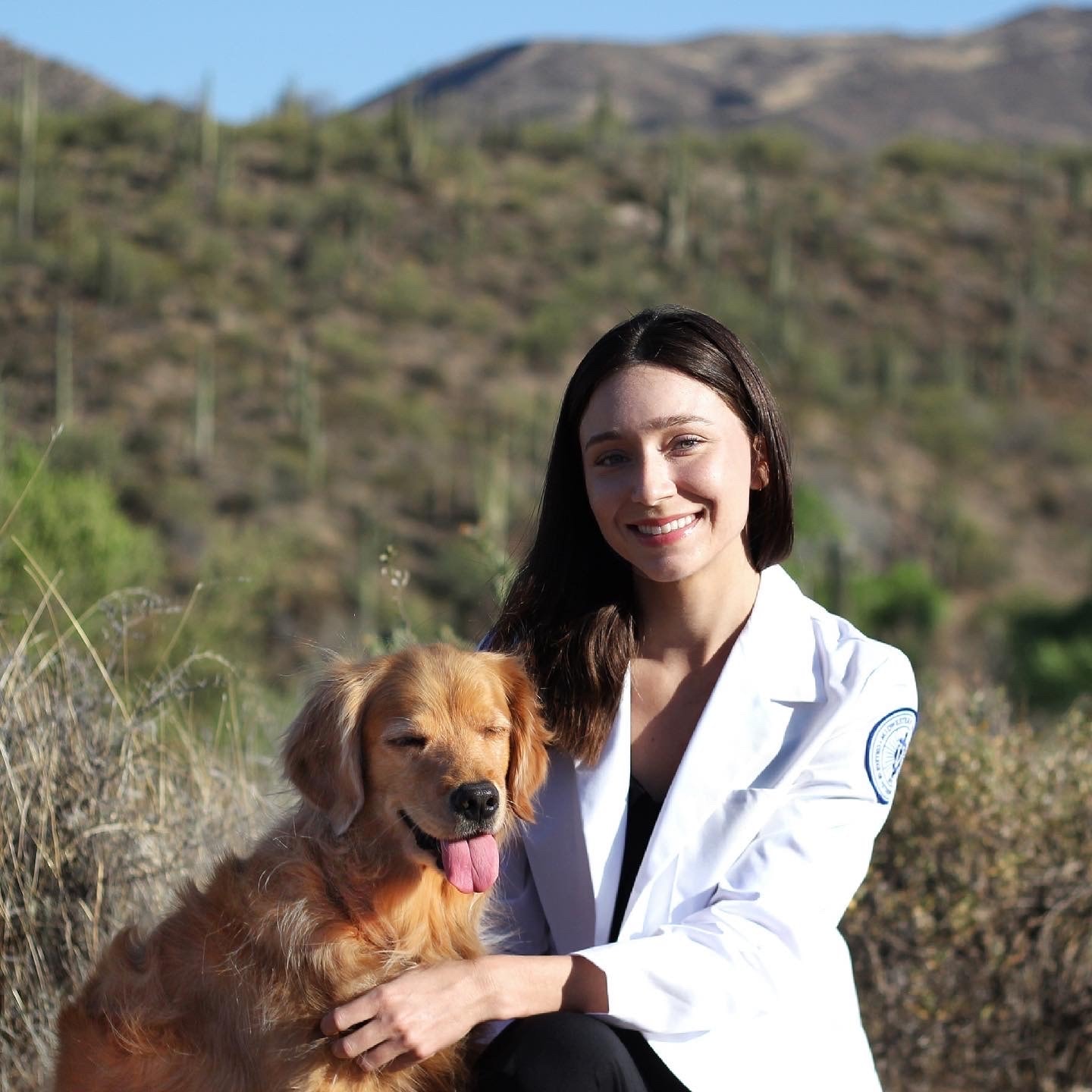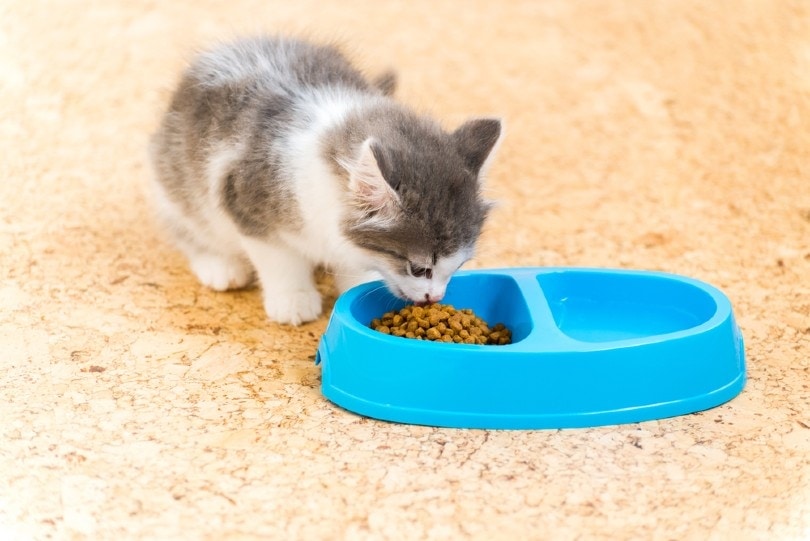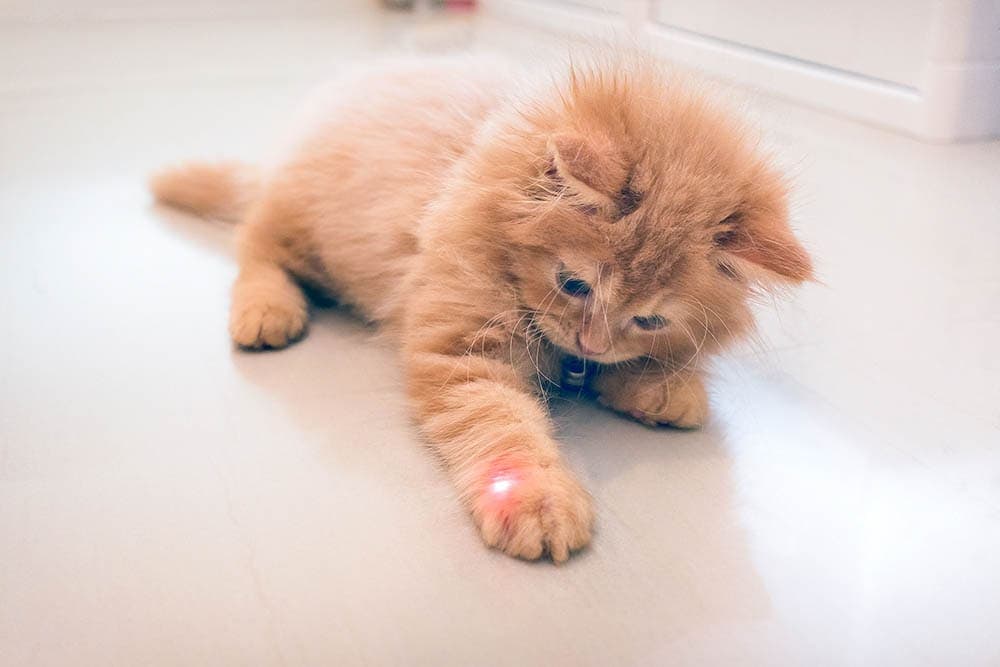Can Cats Eat Lasagne? Vet-Reviewed Health Facts
By Oliver Jones
Updated on
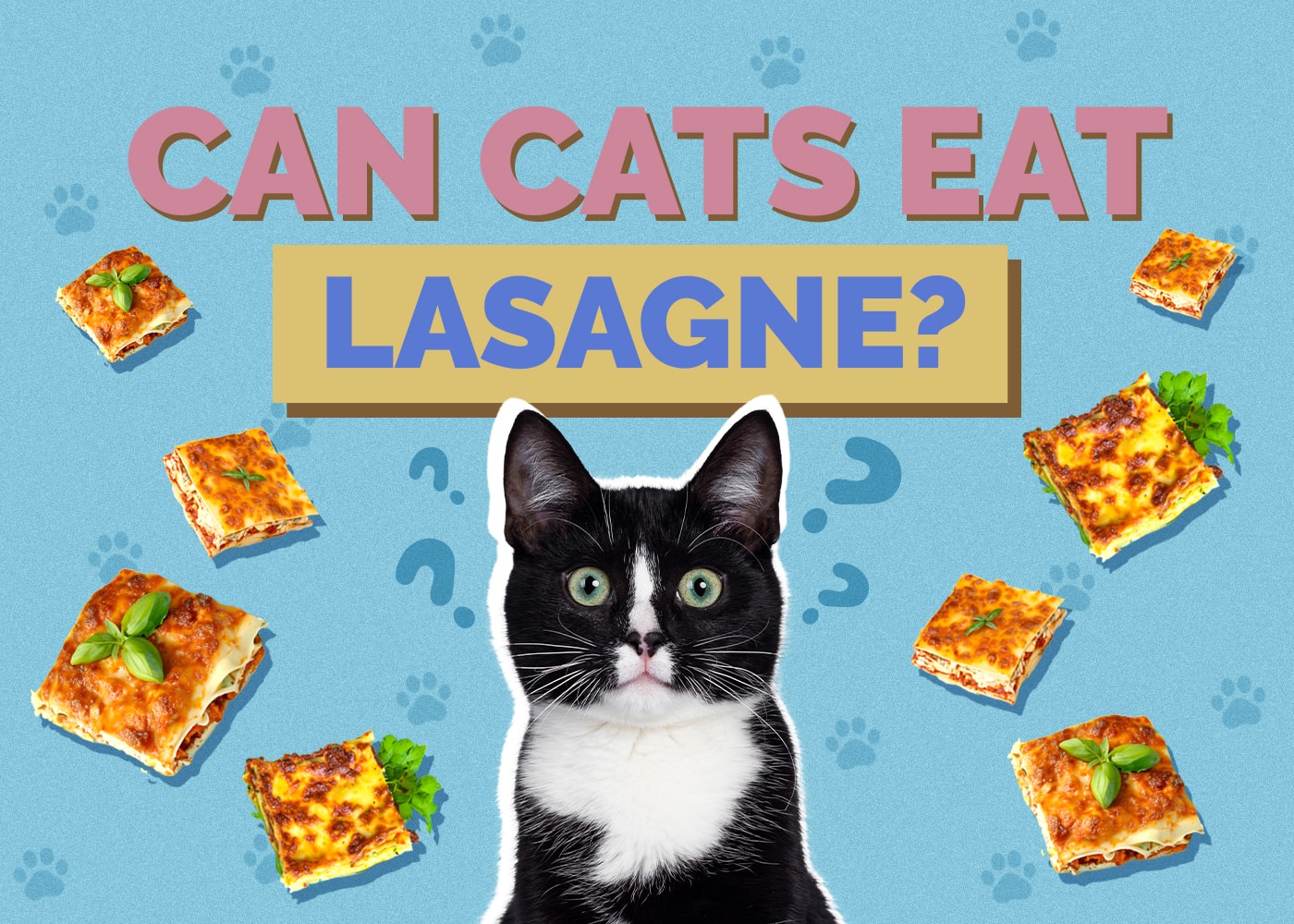
Whether it’s because your cat stares longingly at your dinner or because you got the inspiration from the popular television show featuring the obese, orange lasagne-loving feline, Garfield, you may have found yourself wondering if your cat can safely eat lasagne
There is, unfortunately, no quick yes or no answer as to whether cats can safely eat lasagne, and the answer will depend on the ingredients used in the lasagne recipe.
For all the answers you need as to whether lasagne is safe for cats to eat, when and why you should not feed your cat lasagne, read on below!
Is Lasagne Safe for Cats To Eat?
Lasagne pastry sheets are not toxic to cats, but some of the spices and other ingredients in lasagne can be harmful to your cat. Lasagne is primarily a carbohydrate-based food, and because cats require most of their nutrients from meat-based proteins, it’s not an ideal choice.
Lasagne should never be fed as a staple food to cats, regardless of what the comical cat Garfield eats.
Human lasagne is safe for cats to eat if it has a lot of meat (such as mince) that does not contain any spices, additives such as garlic and onion, and tomato paste or sauce. The spices and other additives can upset your cat’s stomach as they are not able to properly digest these types of foods. Also, tomato paste or sauce is quite acidic and may cause your cat to suffer from gastrointestinal issues.
Even if you deconstruct a lasagne down to plain pasta and meat, there’s still the issue of pasta. Cats are strict carnivores, and their diet should primarily consist of meats alongside healthy treats that are not carbohydrate-based. Cats do not require a large portion of carbs in their diet and do better without them.
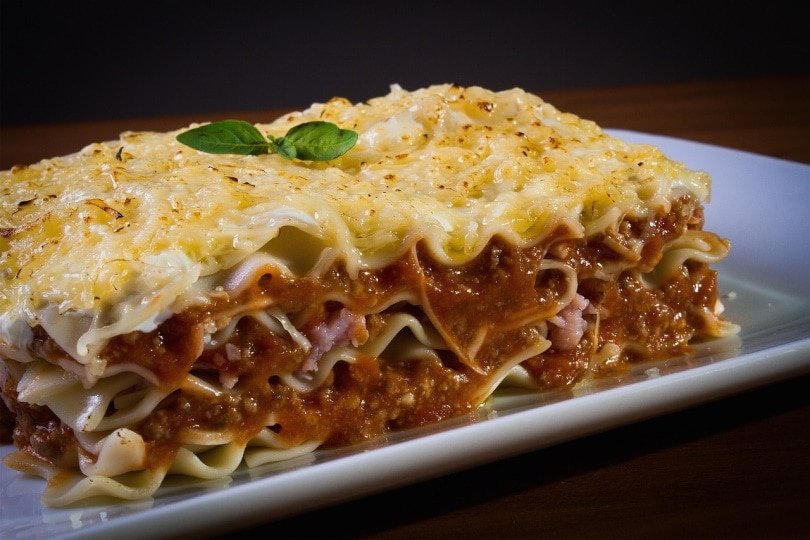
When Is Lasagne Not Safe for Cats To Eat?
Let’s look at an example of the ingredients of a classic lasagne recipe:
- Vegetable broth
- Onions
- Garlic
- Pastry noodles or sheets
- Tomato
- Cheese
- Spices
Garlic
Garlic is a typical ingredient in most lasagne recipes, and always an additive in commercially prepared lasagnas that can simply be heated up and eaten without any preparation. Garlic should not be fed to cats. This is because it belongs to the allium family, which, along with onions, leeks, shallots, and chives, cannot be digested properly by cats and can cause them to develop hemolytic anemia, a condition that causes destruction of their red blood cells.
Pastry
Pastries like noodles or lasagne sheets are high in carbohydrates and not nutritionally beneficial to cats. If your cat is eating lasagne often, they are consuming far too many carbohydrates. This can lead to feline obesity, which in return can cause several health issues to arise.
Tomato
Tomatoes in lasagne are usually in a liquid or paste form and are far too acidic for cats. This can cause your cat to suffer from stomach issues due to the malic and citric acid in tomatoes. This is a common occurrence for humans too, but since cats have a much smaller body, it takes only a small amount of tomato juice or pastes to cause discomfort.
Cheese
Cheese is another food alongside the carbohydrates in lasagne that can lead to obesity in cats. The top of lasagne is usually coated in thick melted cheese, which is not only very fattening to cats but can also cause digestive upset. Most cats become lactose intolerant after they have been weaned from their mother, so feeding them foods with loads of dairy is not beneficial to their health.
Spices
Lastly, spices should not be included in any foods that you feed to your cat. Cats have different taste receptors from humans and their food does not have to be flavored with different spices. Your cat will struggle to digest these spices, which can lead to further stomach complications.
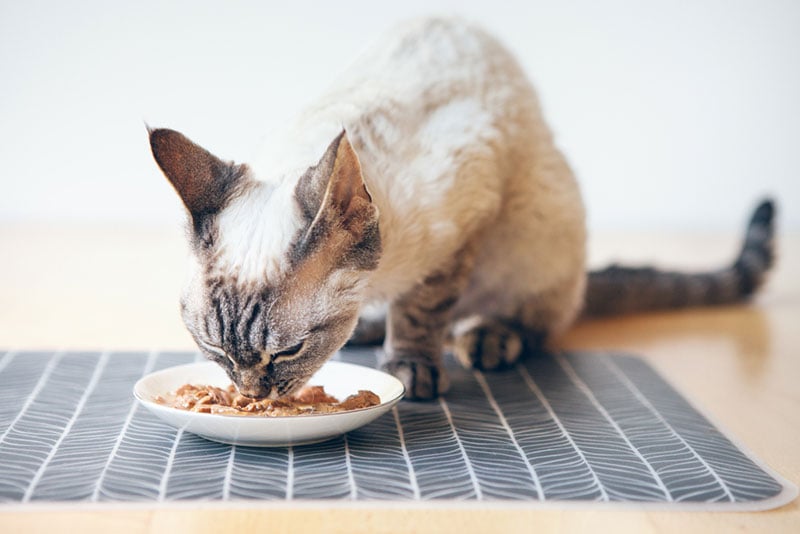
Final Thoughts
While cats technically can eat lasagne, this doesn’t mean they should. There is no point in making a full dish of lasagne to feed you and your family only to remove the main ingredients so that your cat can eat it too!
Always discuss any new foods you feed to your cat with a veterinarian experienced in feline nutrition, so you can ensure their diet is kept balanced and full of beneficial foods that will help keep them healthy.
See also:
